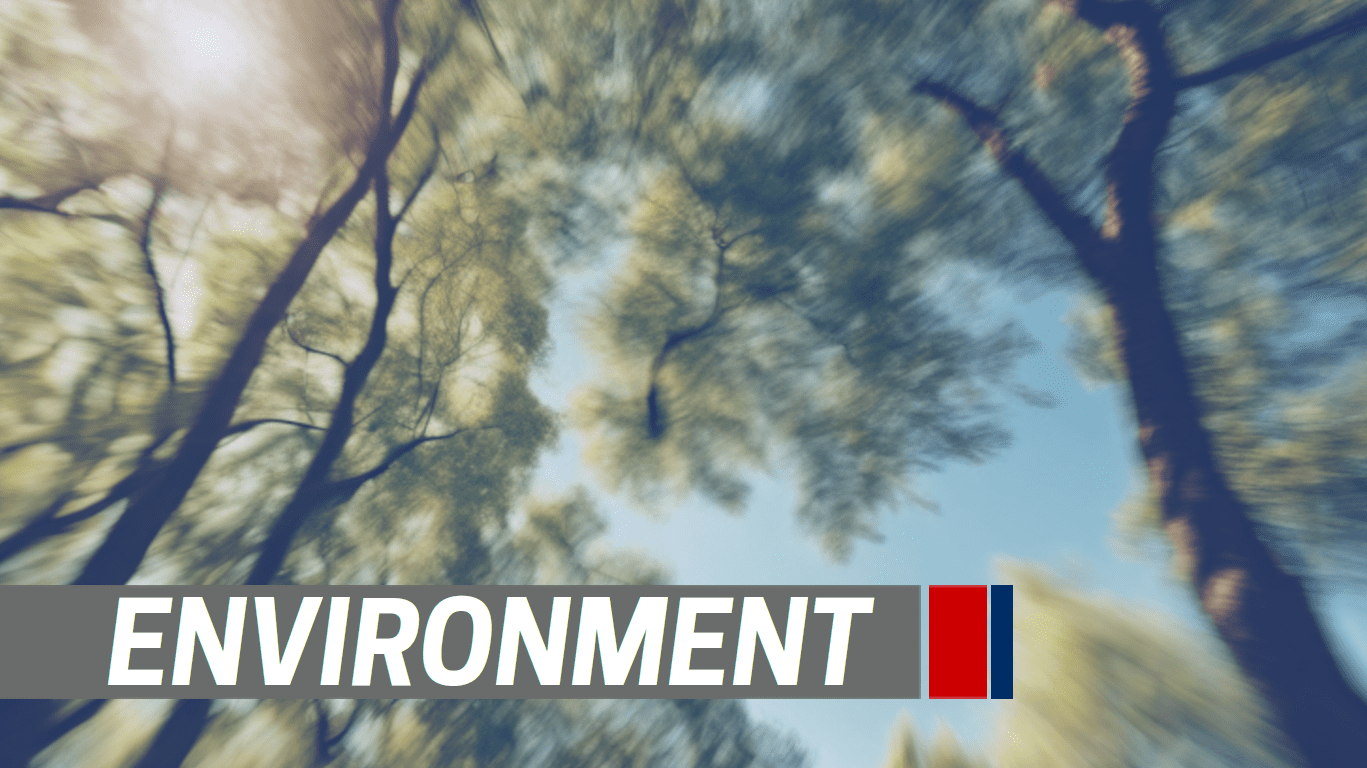Metro Water Services is introducing a staggered irrigation schedule to help reduce the overwhelming demand on the water system’s pumping capacity, particularly during the early morning hours caused by automatic irrigation systems. Residents with automatic irrigation systems are requested to follow specific watering days based on their home address.
The irrigation days for automatic sprinkler systems are as follows:
– Odd numbered addresses: Monday, Wednesday, and Friday
– Even numbered addresses: Tuesday, Thursday, and Saturday
Residents are also asked to limit watering to no more than three days each week, specifically between the hours of 7 p.m. and 4 a.m., adhering to the normal irrigation program time of two or three hours.
For non-automatic watering, the procedures are:
– Watering with a hand-held hose or bucket: No restrictions on days; please water between 7 p.m. and 10 a.m.
– Watering with a hose-connected sprinkler: Follow the odd and even schedule mentioned above, and water between 7 p.m. and 10 a.m.
These measures are designed to help ensure that there is sufficient water for residential, irrigation, and fire protection uses. Metro Water Services appreciates the cooperation of its customers in implementing these guidelines. Should voluntary measures fail to reduce peak demand, stricter restrictions on water use may be necessary.
For more information on water conservation and the current water use situation, please visit Metro Water Services.
Related News:
– Public Notice of Metro Construction Projects Within Davidson County, August 2, 2024
– Public Notice of Biosolids Hazard Mitigation Proposal, July 1, 2024
– Zero Waste Nashville and Urban Green Lab Launch Podcast About Sustainability in Nashville, June 18, 2024
Source: Read Original Release
Nashville Secures $4.7M for EV Charging Expansion
Nashville receives $4.7 million in federal funding to expand and upgrade its electric vehicle (EV) charging infrastructure, aiming to enhance accessibility and address range anxiety for EV users.


